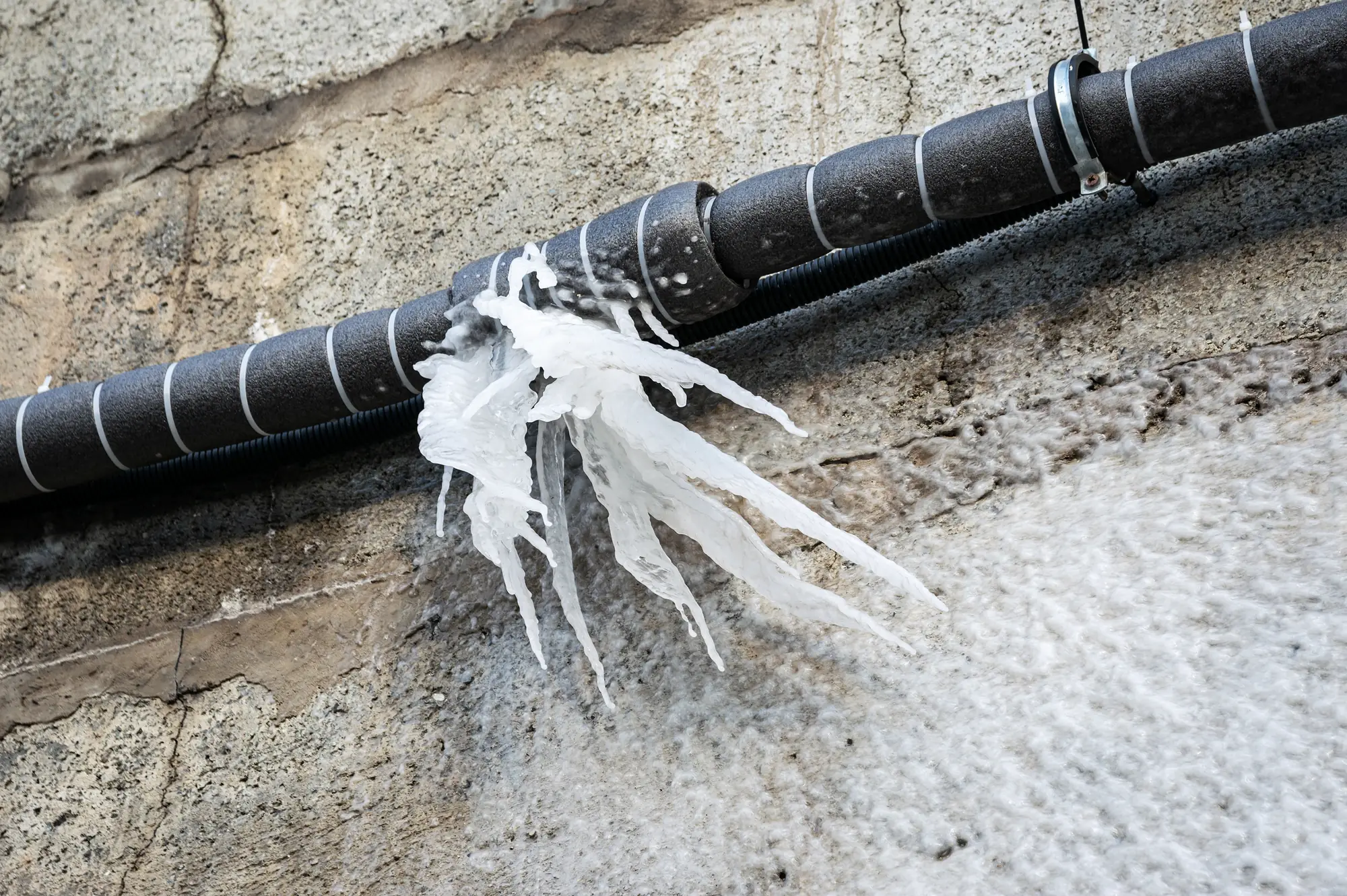
Hear From Our Customers
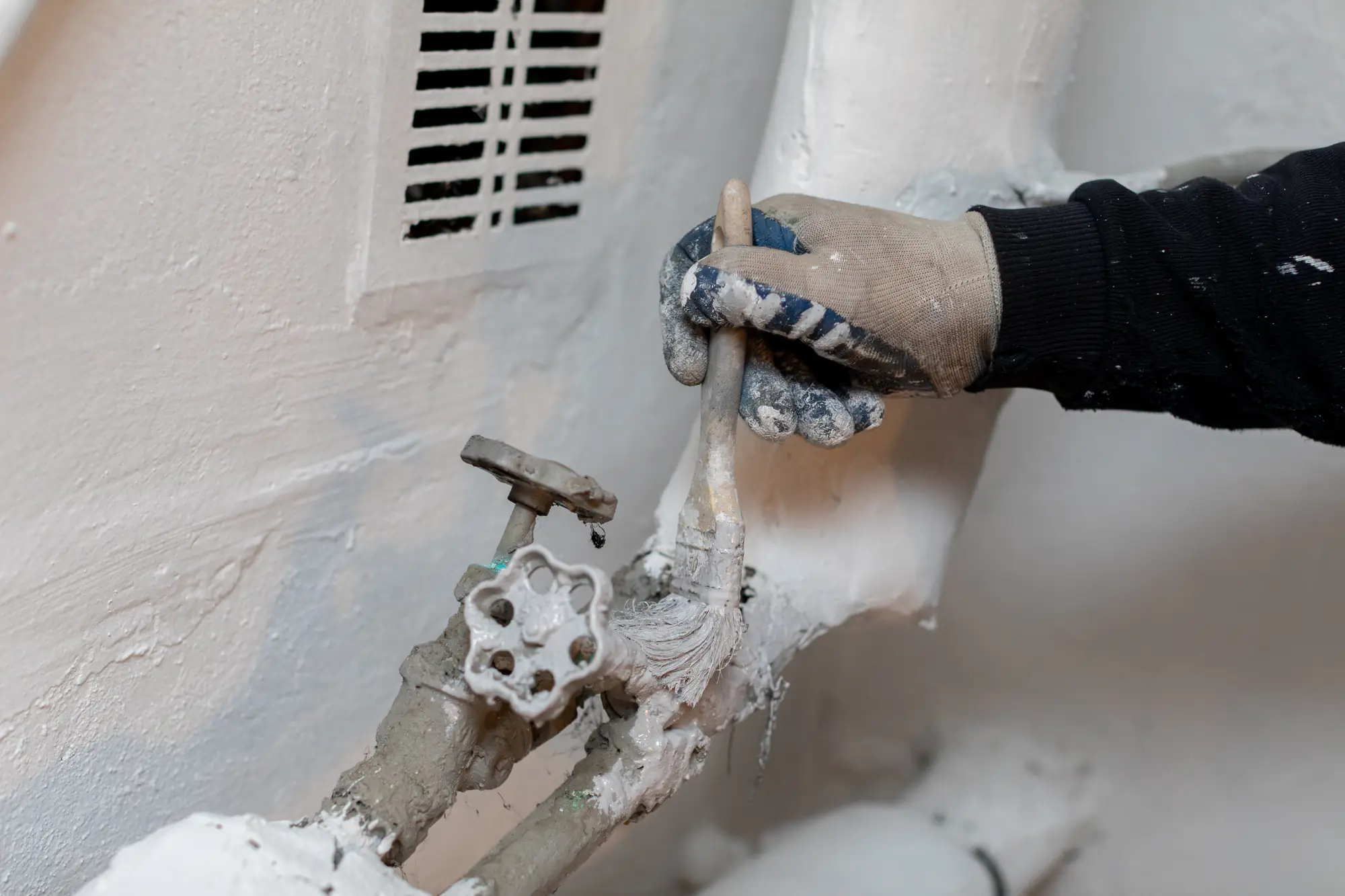
When your pipes freeze during Hillside’s brutal winters, every minute counts. The average claim for water damage due to frozen pipes is about $15,000, but quick professional intervention changes everything.
You get your water back fast. No flooding in your basement. No expensive emergency repairs that drain your savings account. Burst pipes can release 10 gallons of water a minute and cause significant damage, but our professional thawing equipment stops the problem before it becomes a disaster.
Most importantly, you get peace of mind knowing the job’s done right. We don’t just thaw your pipes and leave—we inspect for potential damage, recommend preventative measures, and make sure this doesn’t happen again.
Go-Rooter is the trusted and reliable emergency plumber serving Chicago, Cook County, IL. We take great pride in offering our community cost-effective, speedy, and trustworthy plumbing service. Since 2001, we’ve been helping Hillside residents through Chicago’s toughest winters.
Go Rooter Emergency Plumbers is trusted by over 154 happy customers, earning a 4.9-star rating. Our team understands that water pipes freeze when the temperature falls to 20 degrees Fahrenheit. However, a combination of strong winds and high wintertime humidity can cause pipes to freeze and burst at warmer temperatures—exactly the conditions Hillside faces every winter.
What sets Go-Rooter apart is our commitment to doing the job right the first time. We’re not focused on quick fixes but on delivering long-lasting results. Our quality materials extend from pipe replacements to faucet installations because sturdy plumbing leads to a happy home.
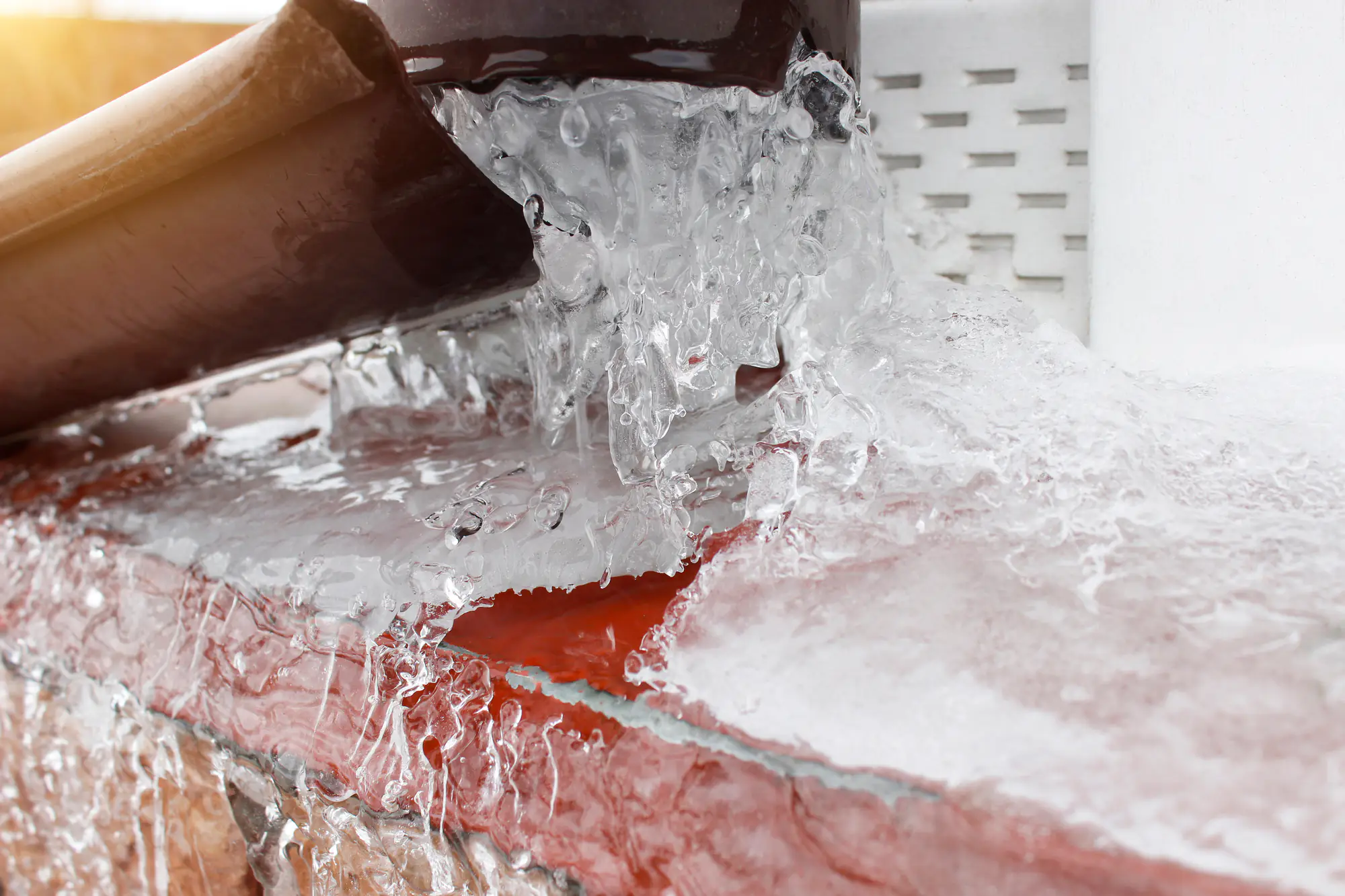
When you call Go-Rooter for frozen pipe repair in Hillside, you get a systematic approach that prioritizes your safety and your property. First, our licensed plumber arrives within 1-2 hours and immediately assesses which pipes are frozen and whether any damage has already occurred.
Next comes the professional thawing process. With our frozen pipe repair service, we arrive quickly, use professional pipe-thawing equipment, efficiently remove excess water, and dry your home. We never use open flames or dangerous heating methods that could cause fires—only safe, controlled thawing techniques that protect your pipes and your home.
Finally, we test the system thoroughly before we leave. We check water pressure, inspect for leaks, and make sure everything flows properly. If we find any damage during the process, we handle the repairs immediately with upfront pricing—no surprises, no hidden fees. You know exactly what you’re paying before any work begins.
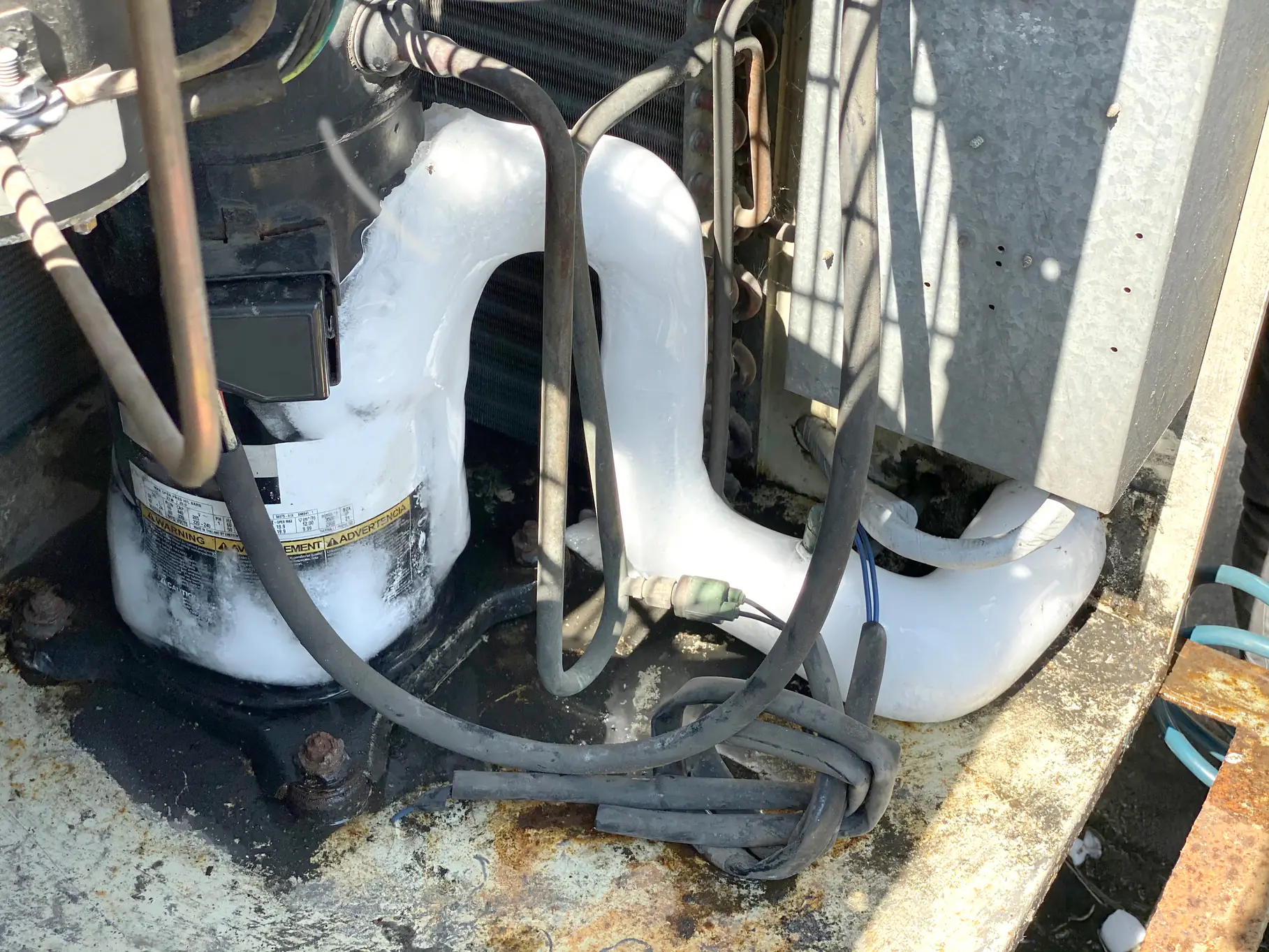
Ready to get started?
Go-Rooter’s frozen pipe repair service in Hillside includes more than just emergency thawing. You get comprehensive winter plumbing protection designed specifically for Illinois weather conditions. The minimum temperature to maintain in the basement during Chicago winters is 55 degrees Fahrenheit. This temperature prevents the indoor, uninsulated water pipes from freezing in uninsulated spaces.
Our service includes professional pipe insulation for vulnerable areas like basements, crawl spaces, and exterior walls. Many Hillside homes have older construction where pipes run through unheated areas—exactly where problems start. We also provide preventative maintenance recommendations specific to your property’s layout and risk factors.
Emergency availability is crucial during Hillside winters. It can happen quickly too, in as little as six hours when temperatures drop suddenly. That’s why Go-Rooter maintains 24/7 emergency response throughout the winter months, with fully equipped trucks ready to respond to frozen pipe emergencies across Hillside and the surrounding Cook County area.
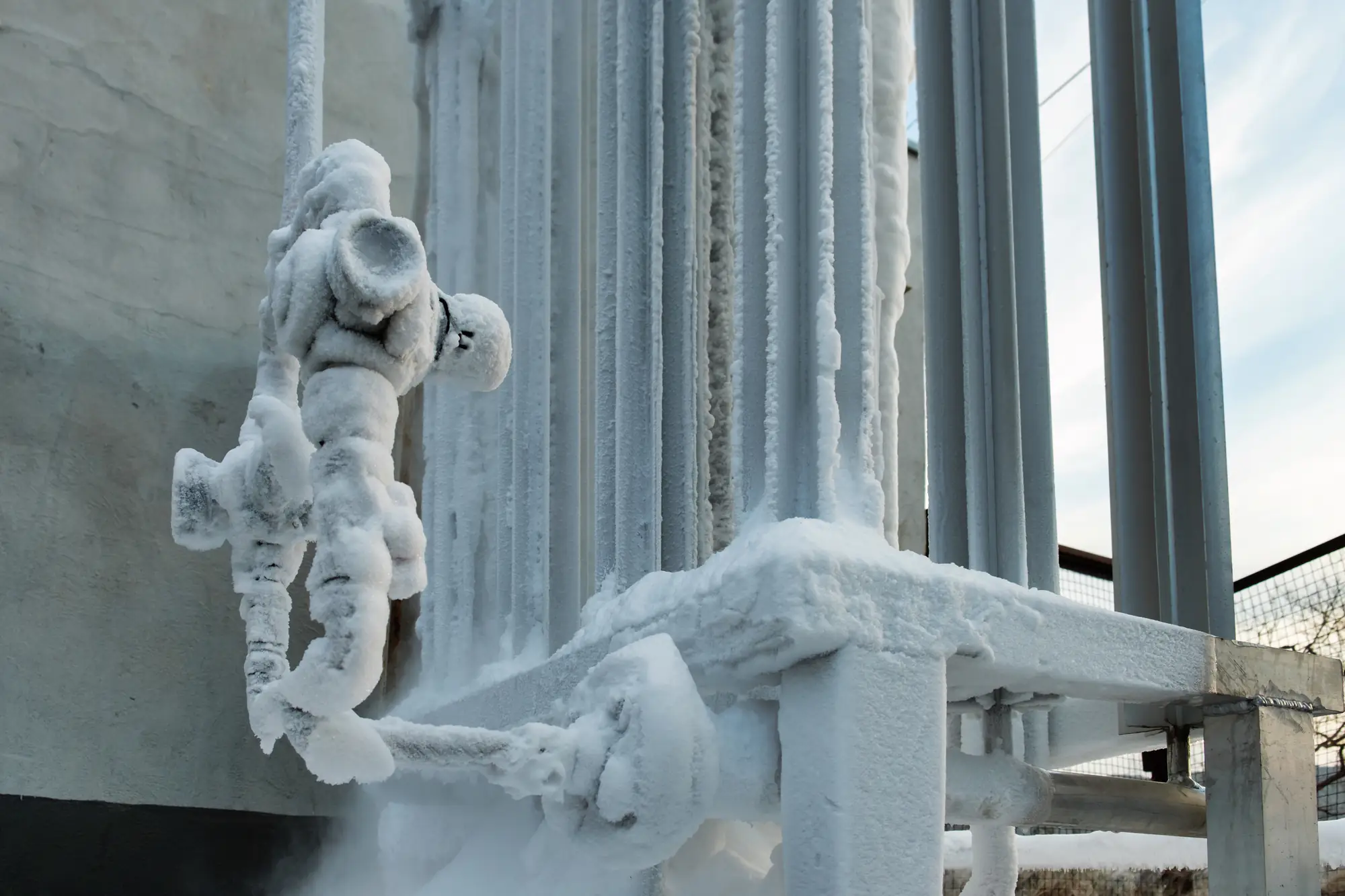
It can happen quickly too, in as little as six hours when temperatures drop into the 20s, which happens regularly during Hillside winters. When water freezes inside your home’s pipes, it expands. The process happens on a molecular level, exerting enormous pressure on the pipes.
The real danger comes when the ice creates pressure that travels through your plumbing system. The tremendous force transfers pressure on unfrozen water downstream from the frozen point to the end faucet. A pipe burst usually occurs somewhere between the frozen blockage and the faucet. That’s why immediate professional help is so important—waiting even a few hours can turn a manageable thawing job into a major water damage emergency.
The average claim for water damage due to frozen pipes is about $15,000, though costs can vary significantly depending on the extent of damage. According to Forbes, the average claim paid for water damage and freezing is $12,514. These numbers reflect the total cost including water damage restoration, not just pipe repair.
The cost of repairing a frozen burst pipe here in Chicago depends on several factors, including pipe location and the extent of damage. In most cases, repair costs range between $200 and $500. However, big jobs can run as much as $1,000 to $2,000. Professional emergency thawing before pipes burst is always more cost-effective than dealing with water damage after the fact.
Attempting to thaw pipes yourself can lead to bursts and potential fire hazards. Always call a professional like Go-Rooter for safe pipe thawing. Never use any device that has an open flame. That’s a good way to start a fire and potentially destroy the whole property. In 2017 the Chicago Tribune reported on at least four structure fires caused by people attempting to thaw pipes with open flames in one 10-day period.
Even seemingly safe methods like hair dryers can be dangerous if not used properly, especially around wet conditions. Professional plumbers have specialized equipment designed specifically for safe pipe thawing. With our frozen pipe repair service, we arrive quickly, use professional pipe-thawing equipment, efficiently remove excess water, and dry your home. The risk of causing more damage or injury simply isn’t worth the attempt to save money.
Signs that you need a professional plumber include: Changes to your outside pipes: You see bulges, condensation, and frost on your outside pipes. Strange noises: You might hear clanging noise or a gurgling sound. Low water supply: If you have little to no water, ice is likely blocking the pipes.
Another clear indicator is when you turn on a faucet and only a trickle comes out, or nothing at all. When the faucet is turned on in the morning and only a few drops fall out, it’s a clear indication that a pipe has frozen. You might also notice that only cold water is affected while hot water still flows, or vice versa, depending on which pipes are frozen. The key is acting immediately when you notice these signs—frozen pipes that haven’t burst yet are much easier and cheaper to fix than dealing with the aftermath of a pipe burst.
The minimum temperature to maintain in the basement during Chicago winters is 55 degrees Fahrenheit. This temperature prevents the indoor, uninsulated water pipes from freezing in uninsulated spaces. For the main living areas of your home, keeping the thermostat at 55 degrees or higher is recommended even when you’re away.
Ideally, the basement should remain between 55 and 60 degrees Fahrenheit during both the day and night in the winter months—even when the pipes are insulated. Remember that water pipes freeze when the temperature falls to 20 degrees Fahrenheit outside, but the temperature inside your walls and unheated spaces can drop much faster than you’d expect. Maintaining consistent heating is far less expensive than dealing with frozen pipe emergencies.
Yes, Go-Rooter provides 24/7 emergency frozen pipe repair throughout Hillside and Cook County, especially during severe weather when you need help most. Plumbing emergencies don’t wait. Neither should you! Call now for same-day repairs and upfront pricing.
I called at 8:15 am and they were there by 9:45 am. Very punctual, according to one recent customer review. We understand that frozen pipe emergencies often happen during the worst weather conditions—exactly when you can’t afford to wait. Our emergency team typically responds within 1-2 hours for Chicago pipe burst emergencies. Fully equipped trucks are maintained throughout the winter season specifically for these emergency calls, ensuring you get professional help when you need it most.